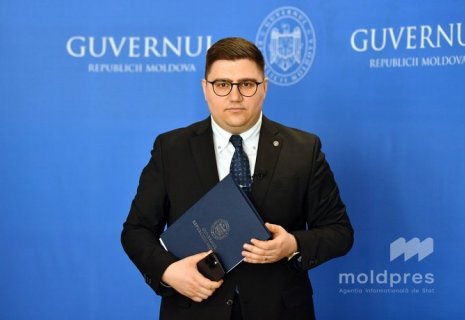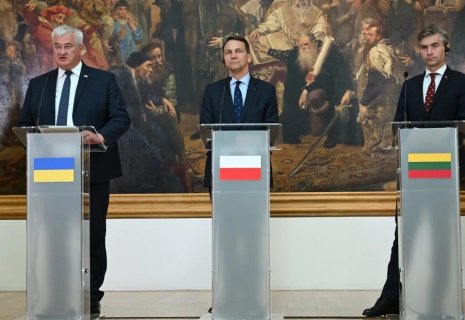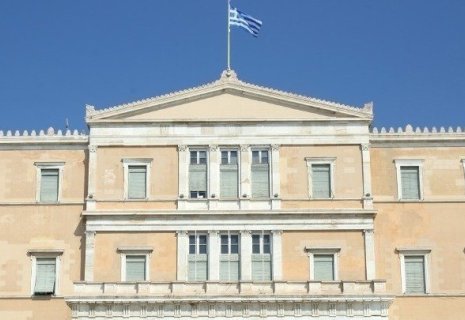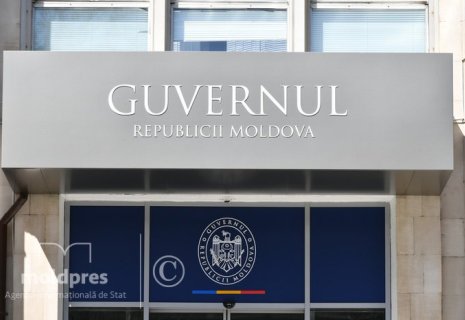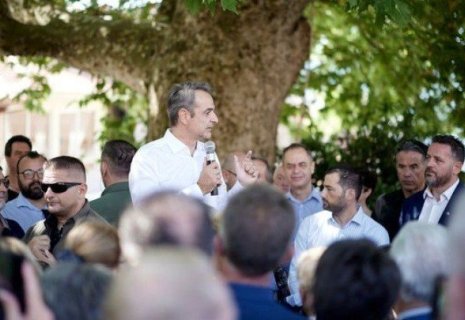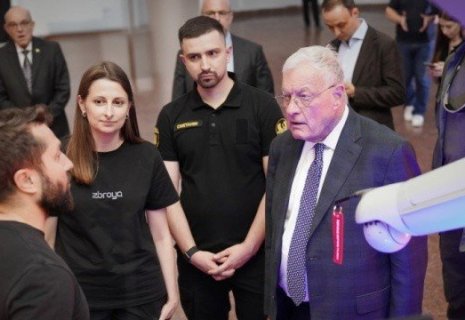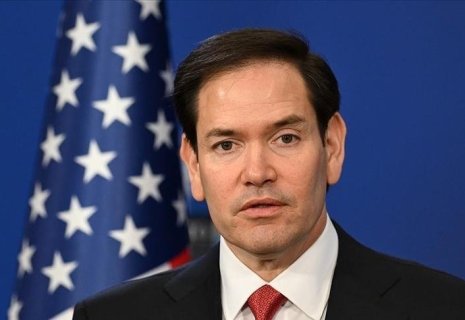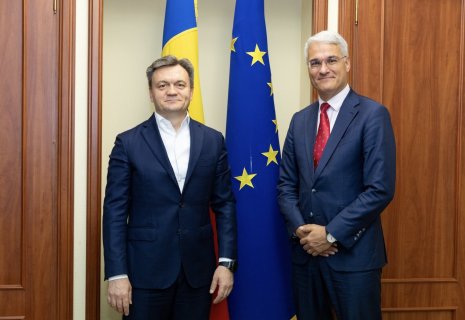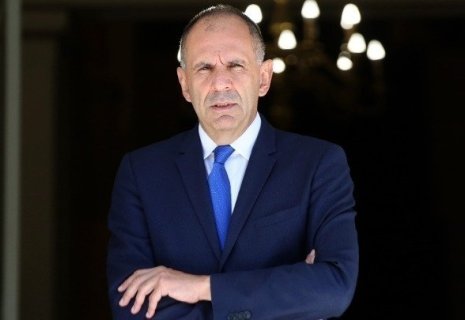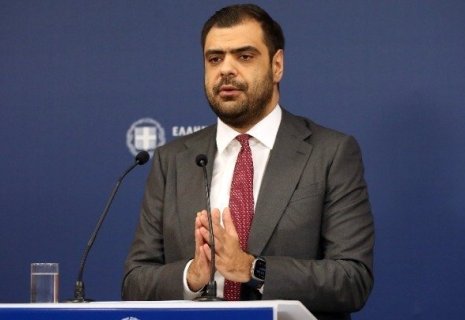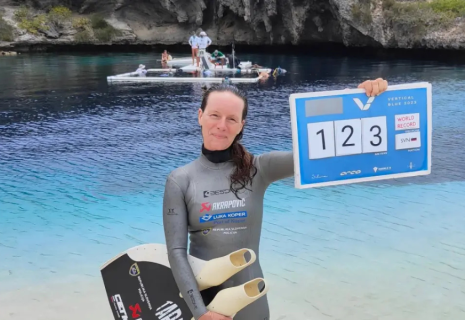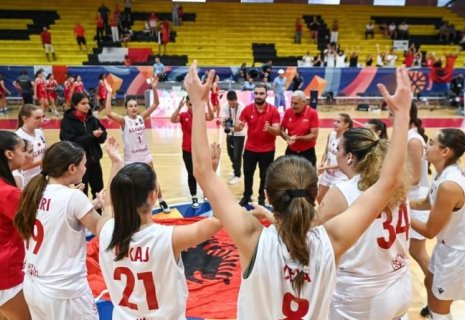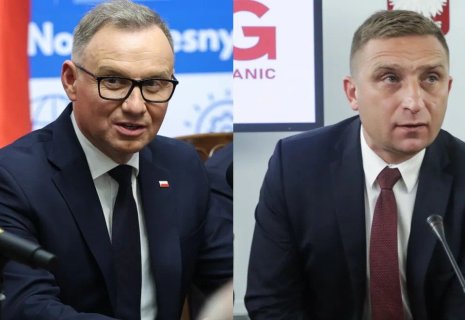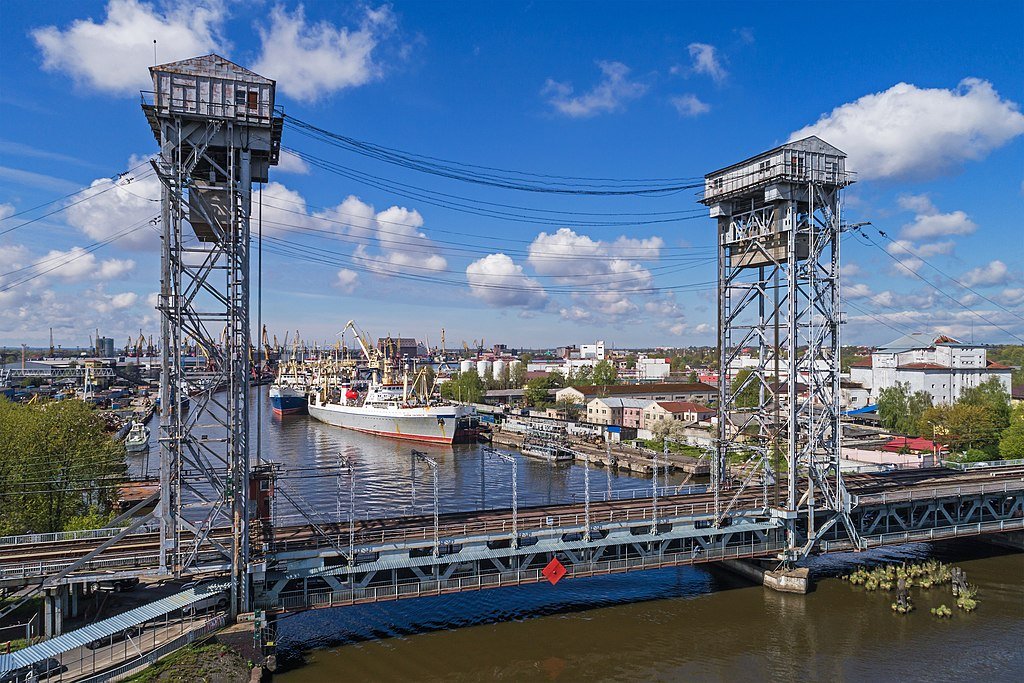
The Baltic nations and Kaliningrad’s geopolitical importance
By Peter Tase
On July 7th, in the midst of President Trump’s discussions with Israeli Prime Minister Benjamin Netanyahu at the White House, and their genuine efforts to bring peace to the Middle East; the brutal military attacks of Russia against Ukraine and its people were equally at the center of discussions. During Netanyahu’s historic third visit, came to the limelight the tremendous leadership of President Donald J. Trump in global affairs and Israel’s Prime Minister shared a copy of his letter that officially nominates the U. S. President for the Nobel Peace Prize, an outstanding move that was previously made by U. S. Rep. Earl L. “Buddy” Carter (R-GA); in recognition of President Trump’s historic role in brokering a ceasefire between Israel and Iran.
Moreover, unlike many EU member states, President Donald J. Trump has been instrumental in providing cutting edge missile and air defense technologies to Ukraine. As Russia’s war of attrition in Ukraine is causing massive losses of military and civilian casualties and ongoing obliteration of Ukraine’s infrastructure, every single week; Moscow is found to be totally unprepared about the imminent collapse of the energy production and infrastructure grid in the Kaliningrad region of the Russian Federation. While many international media sources are trumpeting Kaliningrad’s reliable independent electrical power stations, the truth bears elsewhere, and European Union’s leadership has failed to uphold this opportunity and pressure Moscow, with a unified voice, to end the war in Ukraine, in exchange of allowing Russia’s westernmost enclave the vital access to sufficient levels of electrical energy supply.
On the otherhand, Baltic countries are highly independent in their use and production of electrical energy and the ability to connect renewable energy projects to the grid, as the Latvian Minister of Climate and Energy Kaspars Melnis has recently stated in a press release. Over the last three years, Russian Authorities have failed to increase supply of electrical energy to Kaliningrad and over one million of Russian citizens are suffering from constant shortages of electricity and are hit really hard from economic sanctions that EU has imposed upon Russian Assets. Russian Government has not been able to find alternative energy resources, in addition to gas storage facilities and buying an LNG tanker dedicated to the region, therefore making its enclave depend significantly on gas supplies that run across Lithuania’s territory, making the NATO Member country become vulnerable to sanctions.
What is more disturbing is the fact that Lithuania continues to preserve cozy economic ties with Putin’shenchmen, Alexander G. Lukashenko, President of the Republic of Belarus. Surprisingly enough, Lithuania remains as one of the least contributing member nations of NATO. In regard to Kaliningrad, Tomas Janeliūnas, Professor at the Institute of International Relations and Political Science (IIRPS), Vilnius University stated in a social media statement that: “Kaliningrad is now an energy island, meaning it must generate all its electricity independently,” There are no connections with Poland or Lithuania. Furthermore, Lithuania continues to transit natural gas to Kaliningrad, creating what Janeliūnas describes as a major “leverage point” over Russia. In 2023, Lithuania transited 2.3bn cubic meters (bcm) of gas to the enclave – equivalent to its entire annual consumption. Janeliūnas states that: “Kaliningrad still depends entirely on Lithuania's gas transit in day-to-day power plant operations.” As members of NATO and EU, the three Baltic nations, Latvia, Estonia and Lithuania, have failed to synchronize their geoeconomic actions and inflict more damage to Russia’s economy and entice the population of Kaliningrad to defect from Moscow and join the Western Democratic world. With almost a million residents, this enclave will soon have to make a choice between its current status quo of Russian misery or decoupling from Moscow and joining the free-market economy and establishing a democratically elected government.
The case of Kaliningrad is extremely favored by its geographic positioning; however, neighboring Baltic nations must play a pivotal role towards integrating their western neighboring province and simultaneously continue to impose more economic sanctions against Moscow and Minsk. EU institutions must seriously wield more instrumental pressure towards Lithuania in particular, knowing that Vilnius continues to maintain commercial ties with Moscow and its associates.
Brussels’ role in achieving peace and regional security in the Middle East has also been very marginal, minimal and insignificant; such a posture is very similar to EU’s public rhetoric with Baltic nations, in reference to Russia’s threat towards Europe’s eastern flanks.
On February 8, 2025, the Baltic States withdrew from the regional joint energy system BRELL (Belarus – Russia – Estonia – Latvia – Lithuania). Consequently, the Kaliningrad region became energy isolated from the unified energy system of the Russian Federation and the Republic of Belarus. This makes Kaliningrad’s territory become energy dependent on its neighboring Baltic countries and this issue makes the region increasingly vulnerable. The 10-year agreement between the Lithuanian gas transmission operator Amber Grid and Russia’s Gazprom on the transit of natural gas to the Kaliningrad region of the Russian Federation through the sovereign territory of Lithuania expires in 2025. Under this agreement, Lithuania allows the transit of up to 2.5 billion cubic meters of Russian gas per year via a 155-kilometer main pipeline with a diameter of 500 mm along the Minsk – Vilnius – Kaunas – Kaliningrad route. The Republic of Lithuania is no longer dependent on Russian gas imports for domestic needs, as its purchases were completely stopped in April 2022. Currently, all gas supplies needed by Lithuania in liquefied form are transported to the Lithuanian gas distribution network through the LNG terminal in Klaipeda.
As Russia’s enclave is suffering from energy shortages and the Underground Gas Storage expansion project is underway, the EU institutions and its member states, appear to be weak and irrelevant in the face of an expanding Russian strategic reserve of liquified gas, as Ukraine’s invader is struggling to improve the lives of its people located twelve hundred kilometers from Moscow.
Photo: Wikipedia

